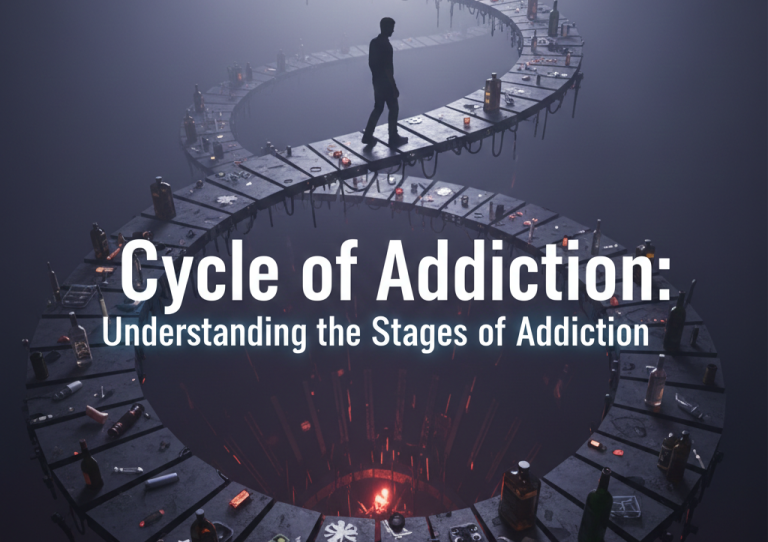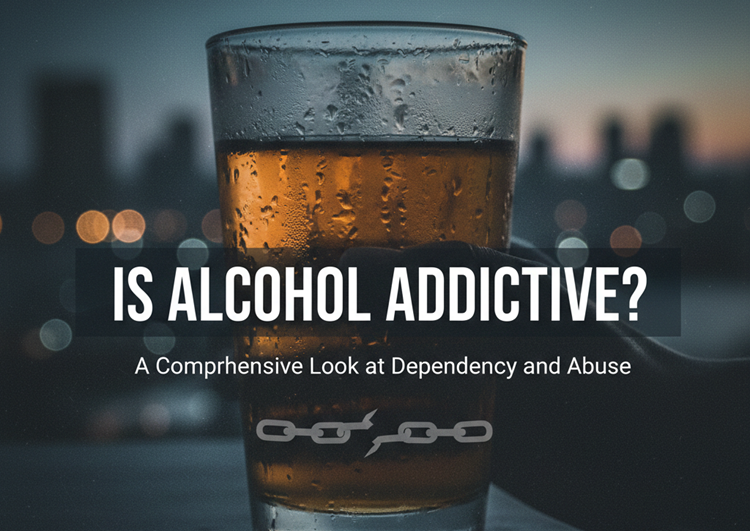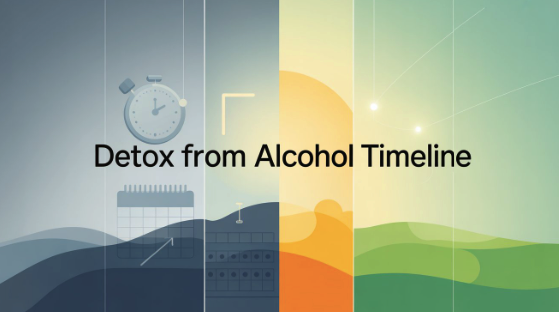Addiction is a neuropsychological disorder that involves the compulsive use of rewarding stimuli despite its Negative consequences. That being said, it exists in different forms and can affect anyone in society irrespective of their social status. It is important to learn about the various types of addiction to identify the signs that may require a specific addiction treatment approach. In this blog, the seven most prevalent types of addiction are described, along with their consequences and rehabilitation process.
Substance Addiction
Substance addiction pertains to the frequent consumption of drugs and alcohol with resulting dependency and a severe limitation on personal activities. It is important to note that such addiction is possible for any person regardless of his/her age, gender, or social status.
Common Substances Involved
- Alcohol
- Illicit drugs include heroin, cocaine, methamphetamines and others
- Prescription medications (opioids, benzodiazepines)
Signs and Symptoms
- Persistent desire or intense urge to use the substance
- Failure to regulate or even minimize the consumption
- Lack of responsibility at the workplace, education institutions, or in the home environment
- Tolerance, which necessitates the use of a larger amount of the substance to have the same desired effects.
- Suffering acute and protracted withdrawal syndromes when the substance is not utilized.
Impact on Health and Daily Life
Complications that develop due to substance addiction include liver diseases, heart diseases, mental health disorders, and the risk of having an accident or getting injured. It may also cause tensions with co-workers and lead to economic problems as well.
Treatment Options
The process often includes behavioral therapy, medications, and support groups. Out-Patient treatment involves the formulation of individualized treatment plans, which are crucial in catering to the specific needs of each treatment seeker and sustaining abstinence.
Alcohol Addiction
Alcohol addiction commonly referred to as Alcohol Use Disorder (AUD) is one of the most common types of addictions. Boils can be found in millions of people and interfere with their lives in a bad way Influencing Millions of people across the globe.

Statistics on Alcohol Addiction Prevalence
The National Institute on Alcohol Abuse and Alcoholism NIAAA has indicated that as much as fourteen percent of the populace is considered to have a drinking problem. The AUD prevalence rate in 2019 was estimated to be at 5 million among the US adult population.
Physical and Psychological Effects
There are accumulated consequences, which include cirrhosis of the liver, cardiological problems, and neurological and psychopathological changes such as dementia, mild brain damage, and mood disorders, including anxiety and depression. These are social impacts where an individual might experience a compromised relationship with other people, loss of job, and legal problems.
Stages of Alcoholism
- Early Stage: Tolerance, moderate and heavy drinking, and utilizing alcohol to handle stress.
- Middle Stage: The inability to control the amount of alcohol consumed, passing out or waking up in unfamiliar places, and not being able to fulfill family, school, or job obligations.
- Late Stage: Usually, physical dependence, severe health risks, and withdrawal syndromes connected with alcohol are distinguished.
Treatment Options
The treatment of this condition involves medical detoxification, psychosocial counseling, and the use of behavioral therapies among others like Alcoholics Anonymous. There are drugs like Naltrexone and acamprosate that can be taken to minimize the desire to take alcohol and prevent one from going back to the habit.
Drug Addiction
Illicit use of drugs results in numerous health and social complications because of the addictive behavior exhibited whenever the drug is available. This disease is a chronic one and the patients need a lifelong approach from the doctors and caregivers.
Types of Drugs Commonly Used
- Opioids: Heroin, Percocet (oxycodone), Vicodin (hydrocodone)
- Stimulants: These are drugs like cocaine, Methamphetamine, and prescription stimulants (Adderall, Ritalin).
- Depressants: Benzodiazepines such as Valium and Xanax, barbiturates
Physiological and Psychological Effects
Drug addiction has negative offshoots on the respiratory and cardiovascular systems, mental illness, and susceptibility to diseases. Physiologically, it results to anxiety, depression, paranoia, and psychosis, [or] psychologically.
Social and Economic Consequences
Various negative consequences are associated with substance use disorder such as losing a job, financial problems, legal troubles, and ruined relationships. It also increases the healthcare burden and the society’s pediatric healthcare costs.
Treatment Options
Detoxification, MAT, behavioral therapies and support groups are the usual treatment methods that are used in this process. Programs are holistic as they encompass issues to do with the body, mind, and social life of an individual.
Prescription Medication Addiction
It refers to the improper use of prescribed medical substances which create dependency among those who take them.

Commonly Abused Medications
- Painkillers: People; things like oxycodone, hydrocodone
- Stimulants: These include drugs such as Adderall, and Ritalin that are used to treat ADHD (Attention Deficit Hyperactivity disorder).
- Sedatives: Anabol agents like Valium, Xanax
- Reasons Behind the Rise in Prescription Medication Addiction: Reasons Behind the Rise in Prescription Medication Addiction:
It has also been pointed out that the availability and prescriptions of these medications have steadily gone up and therefore more prescriptions lead to more cases of substance misuse. Furthermore, people also have some misconceptions about its relative safety to other illegal drugs that have led to its abuse.
Risk Factors and Signs of Addiction
Some of the signs are a history of substance abuse, chronic pain, and mental health disorders among other illnesses. There are indications that one is an addict; suddenly taking more than the recommended quantity, going to a different doctor to be prescribed the substance, or using the substance inappropriately.
Safe Use and Prevention Strategies
Patients should also adhere to their doctor’s prescriptions, not share their medicines with other people, and dispose of any leftover medicines correctly. Doctors should pay special attention to prescriptions and avoid the use of opioids for patients’ pain and anti-anxiety drugs.
Treatment Options
These include discontinuation of Methylphenidate under the care of a doctor, psychotherapies, and Self-help. It can alleviate withdrawal symptoms and control the client’s urge to take opioids through medication-assisted treatment (MAT). It is recommended to enroll in a professional prescribed drug rehab program.
Nicotine Addiction
Tobacco use or nicotine addiction, is one of the hardest vices to quit. It is mainly practiced by the regular and excessive use of tobacco commodities which include cigarettes, cigars, and snuff.
Health Risks Associated with Nicotine Use
Tobacco use is one of the biggest killers in the sense that most of the complications arising from this product are preventable, yet consumers continue using it anyway. Vaping also puts the health of those who participate in this vice particularly the youths in a very dangerous position.
The Addictive Nature of Nicotine
It instantly acts on the brain, thus causing a temporary rewarding and calming sensation. This brings about dependence and acting out of withdrawal symptoms unless nicotine is taken.
Strategies for Quitting
Quitting smoking requires a combination of strategies, including:
- Nicotine Replacement Therapy (NRT): Chewing gum and patch, lozeges
- Prescription Medications: Varenicline (Chantix), and bupropion (Zyban).
- Behavioral Support: Counseling programs include individual and group support and smoking cessation programs.
Long-Term Benefits of Quitting Nicotine
Smoking cessation is beneficial to total health, decreases the odds of contracting severe illnesses, and increases longevity. One has to have the support of the healthcare providers, family, and friends so that one can succeed.
Behavioral Addiction
Behavioral addiction is characterized by many behaviors that are performed to get some benefits in the short term, but that have negative effects in the long run. Specifically, behavioral addiction is not the same as substance addiction, which entails the dependence on and use of drugs or alcohol.

Common Types
- Gambling Addiction: Continued gambling even though the activity has adverse effects on one’s life.
- Internet Addiction: Internet addiction, expanding to social networking, or playing video games.
- Gaming Addiction: Excessive gaming; the performance interferes with the individual’s regular life activities.
Shopping Addiction
It has characteristics of pathological buying characterized by buying unwanted things, and this leads to financial troubles.
Psychological and Social Impacts
Behavioral addiction has significant consequences, which include mental disorders such as depression and anxiety, conflicts between the addict and his/her close ones, as well as financial problems and job performance decline.
Treatment Options
This involves CBT, counseling, and random support and in some cases, medication has to be administered depending on the patient’s mental health. Thus, creating good coping strategies is valuable in the process of healing and making lifestyle changes.
Food Addiction
Food addiction is often defined as the pathological consumption of food that makes the consumer develop poor eating habits. Physical and psychological damage could also be greatly perpetrated by it.
Effects on Physical and Mental Health
Eating addiction is a well-proven path to obesity, diabetes, heart disease, and many other problems. On a psychological level, it has impacts such as guilt, shame, low self-esteem as it can worsen previous mental health conditions such as depression and anxiety.
Emotional and Psychological Factors Contributing to Food Addiction
Negative feelings, stress, and counting on food to help deal with it, are some of the causes. Some foods can stimulate the brain as a drug and these include foods with high sugar content, fats, and salt.
Identifying Triggers and Patterns
Understanding the warning signs that provide a prompt that it’s time to eat and patterns of overeating are crucial when it comes to combating food addiction. One has to write down what they eat and get professional assistance to help in solving such problems.
Treatment Options
The patients are normally advised on nutritional requirements, psychological therapy, and counseling support in the form of groups, and may require medication in some cases. Building a healthy diet schedule, exercise regime, and stress management methods are essential factors that need to be incorporated into the maintenance program.

Addiction is a common problem that should be explained and treated both by healthcare workers and society. Awareness of symptoms and getting help as soon as one can is important in the process of healing. At Orlando Treatment Solutions, we provide our patients with a comprehensive addiction treatment program. You can also contact us at (321) 415-3213.



























